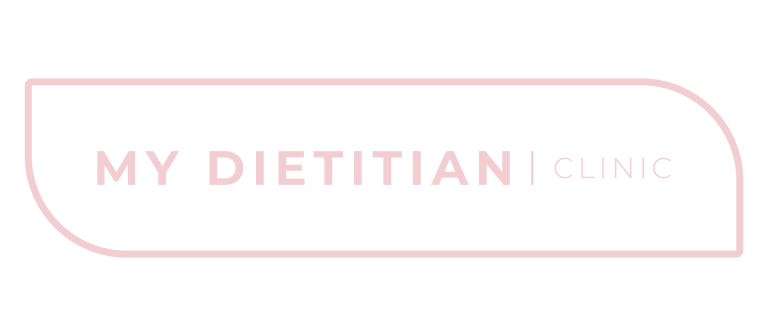Book an Appointment
0
$0.00
0 items








